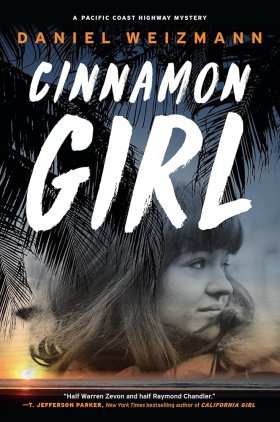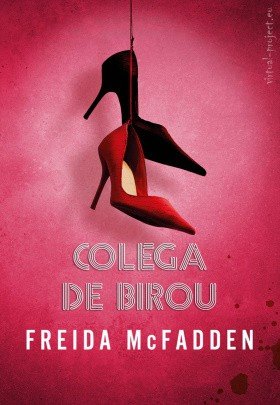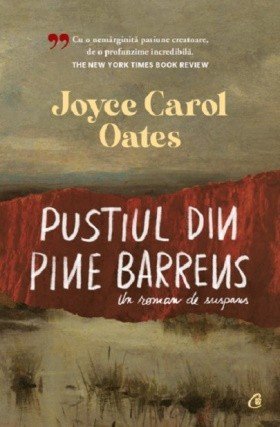A few minutes later she opened the door and said, “She’ll see you in the back house.”
I made my way through the living room past the little kitchen. I’d only been over a handful of times before but felt strangely at home here in this elf bungalow. Ziva’s husband had died about seven years before and he’d been an electrician, a Black guy from Baltimore—you could still feel his presence in the old-school light fixtures, the high stack of soul LPs, the driftwood coffee table he sanded down smooth. Ziva once told me “He was my world, my everything,” but he must’ve been pretty long-suffering, too, because even before her accident, she had to have been a handful. Ziva was one of those Spanish-speaking Jewesses whose parents fled the Nazis and landed in Argentina. In Ziva’s art, her cooking, her disposition, she was a real porteño—Buenos Aires born and bred—but past that she was a balabosta all the way, wildly affectionate and high-strung, too generous and too demanding, cynical, outspoken, and very protective of her painting life. Her closest friends called her Lady Blunt.
This caregiver was not her first lodger. It was a curious arrangement. Ziva lived in the guesthouse of her own home, just three feet out the back door, with the deal that visitors could come through the main house. There was never any chance that she’d disturb the tenants—Ziva was paraplegic from the waist down—my trickiest rider. I’d hoist her into shotgun and toss her folded chair in the trunk. She’d had a terrible freeway accident in the midnineties and hadn’t walked since. This didn’t keep her from her life’s work, though. The old master slept under a thick bungee cord with dozens of paintbrushes attached by hangwires. A special bed-friendly easel had been built by a carpenter who admired her work. At the end of each night, or sometimes at the stroke of dawn when she was done with her day’s painting, she’d yank a black-tasseled rope and all the color-tipped brushes would crowd at the far end of the room like scurrying trapeze artists.
I came to her open door, LP in hand. From under the home-stitched comforter on her king-sized bed, she glared at a canvas with impetuous fury. Ziva was no charity case and no hobbyist. She’d been written up in Artforum and had solo and group shows around the world. Many nights a week, friends and students gathered for one of her bedside salons, to pour her chardonnay and hear her soliloquize on Love, Death, Art, God—all the biggies. Tonight she was alone.
“Knock, knock,” I said. “Hi, young lady—I hope I’m not disturbing.”
“Adam.” The look of shock dissipated off her face. “I was lost in paint. I didn’t recognize you.”
“God forbid you dozed. It’s practically midnight.”
“So what,” she said. “Push the wheelchair, let me heat you some leftovers.”
“Please, don’t move—I’m beat. I just wanted to see if I could borrow your record player for an hour.”
“To play what?”
“This thing. What are you painting?”
“I’m not, that’s the problem. I’m conceptualizing. And I just wasted half the day having a tantrum about a wrinkled canvas.”
“It’s the humidifier. You’ve got it on full blast.”
“Yeah well, I’m on full blast. A nuisance to everyone who dares get near me.”
The beauty appeared in the door behind me. “Everything okay?”
Ziva said, “Better than okay—Endi Sandell, this is Adam Zantz. He is very dear to me. Will you heat him the cauliflower latkes and—”
“No, no,” I said, “really, it’s okay. I just want to give this thing a spin. I’m sorry for the late intrusion.”
Ziva propped herself up. “Adam understands me; we’re night owls. Isn’t that right, Adam? You two kids listen to your crazy music. I have to get back to this.”
“Goodnight, Ziva.”
On the way back into the house, I said, “Endi? Is that like the end?”
“Initials—for Nechama Dina. Kind of a mouthful.”
“Are you from Israel?”
“No, Far Rockaway.”
“Raised orthodox?”
“Conservadox.”
“Ah,” I said, “my best friend is observant.”
“Yeah? Me, not so much.” She pointed at the old Pioneer turntable. “You know how to work that thing?”
I smiled. “I do. You sure I won’t be disturbing you?”
“Not at all. What is it?”
“I…uh…it’s a test pressing from the early eighties…for a record that never came out. The Daily Telegraph.”
“Cute—never heard of ’em.”
“I don’t think anybody did.”
“Are you, like, a collector or something?”
“Me? No, I’m—” I scrambled for a fib. “I was asked to write about them…for this British mag.”
She said, “Cool.”
I wasn’t exactly sure why I was lying, but it was bad enough being a penniless Lyft driver, I didn’t also have to announce that I was the fake Sherlock Holmes. As I pulled the wax out, a yellowed cutout slip of newspaper fluttered to the floor. She bent to pick it up and we marveled at it together. A photoless ad for the Natural Fudge on Fountain Avenue, listings for the week of July 13–19, 1982. There they were in the Wednesday slot, The Daily Telegraph, opening for someone who called himself Bill the Balloon Man.
“They opened for a comic,” I said.
“That’s weird,” she said. “Usually the comics open for the bands.”
“Totally,” I said.
“Maybe these guys were a joke,” she said. “Like, even to themselves.”

























